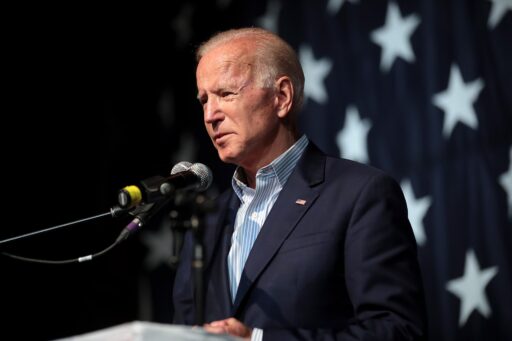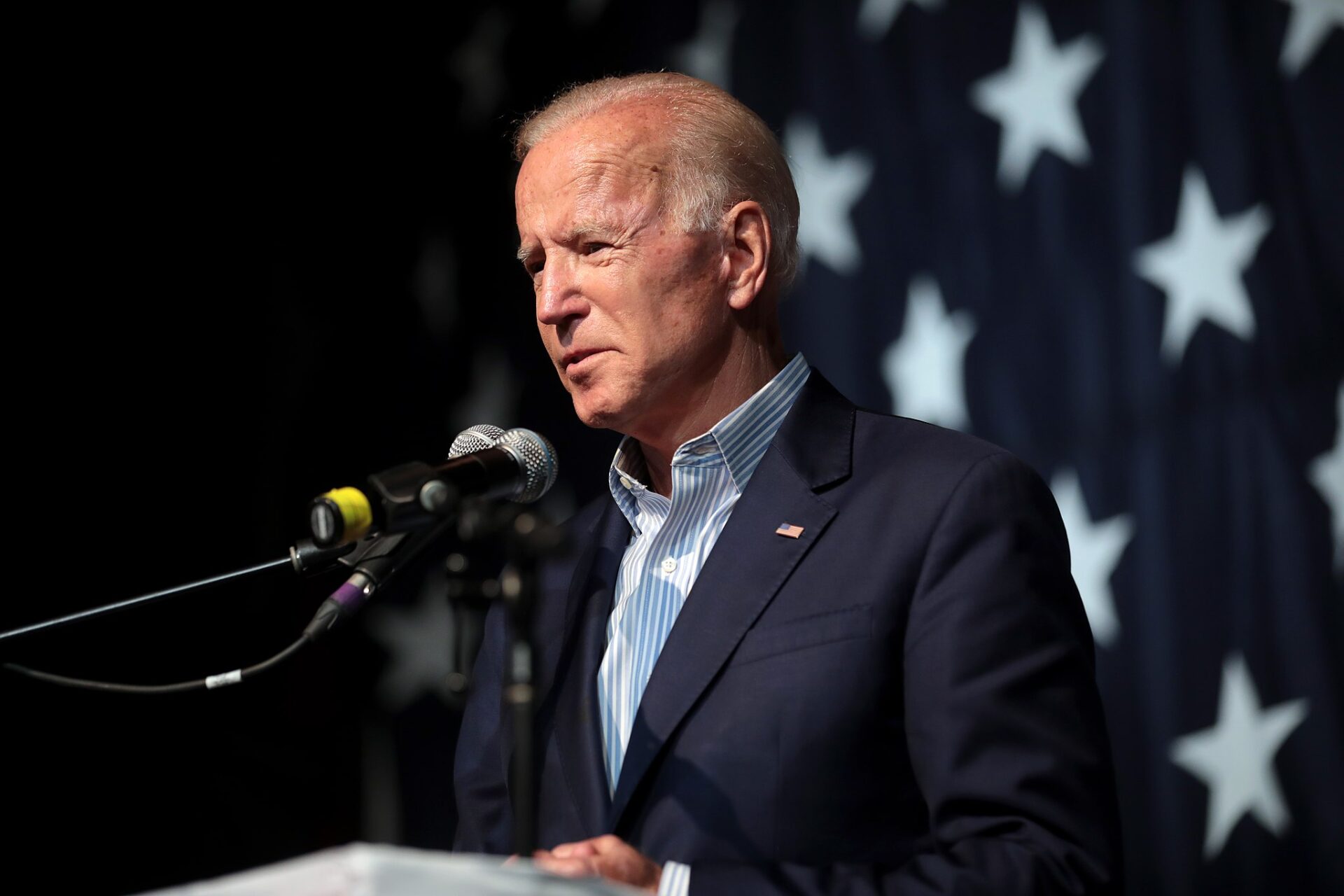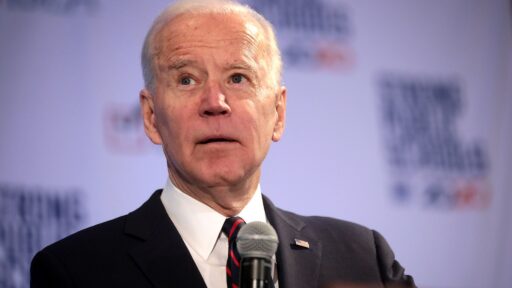Some Americans are very concerned about this.
President Joe Biden’s initiative to promote electric vehicles (EVs) has sparked both interest and controversy within the automotive industry and among consumers. Despite this, several states are considering joining California in phasing out gas-powered vehicles.
Last year, the Environmental Protection Agency announced a groundbreaking plan: by 2032, 70% of newly sold cars and trucks must be emissions-free. California led the charge by adopting this initiative, prompting other states to evaluate whether to follow suit.
Among those states, Maryland, New Jersey, New York, Massachusetts, Oregon, Washington, and Rhode Island have committed to banning the sale of gas-powered vehicles by 2035, as reported by Money, a personal finance website. Additionally, the District of Columbia has pledged to implement the ban.
Delaware and Colorado are also moving towards aligning with California’s standards. Although these states passed an EV mandate last year requiring EVs to constitute 82% of car sales by 2032, they haven’t fully embraced the goal of prohibiting 100% of gas-powered vehicles by 2035.
In California, EV sales have seen significant growth, comprising 21.3% of new car sales in the first nine months of 2023, doubling from the previous year. Notably, San Jose leads the nation with 40% of car registrations being EVs, according to data from S&P Global Mobility shared with the New York Times.
In response to backlash from the automotive industry, President Biden adjusted the mandate, allowing for a more gradual transition. Manufacturers now have until after 2030 to ramp up EV sales. Despite this, some consumers remain apprehensive about embracing EVs, citing concerns about reliability, cost, and the availability of charging infrastructure.
While several states are embracing the ambitious shift towards EVs, opposition persists. Republican lawmakers in Louisiana recently proposed legislation to block the ban on gas-powered vehicles in the state. Governor Jeff Landry, along with 15 Republican lawmakers, voiced their opposition to Biden’s mandate in a letter sent in January.







